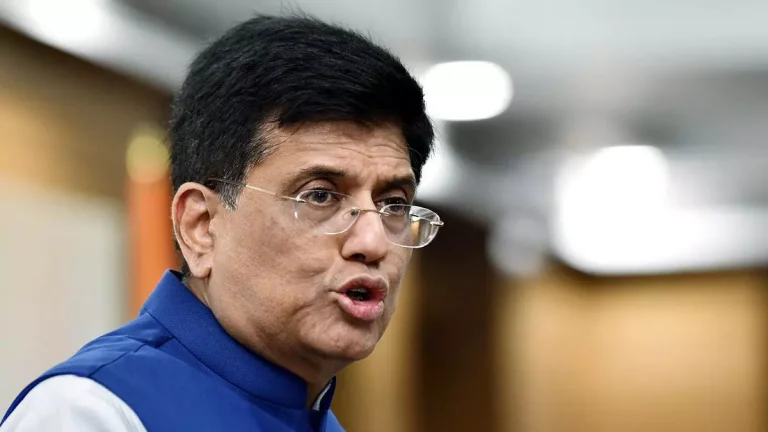Commerce and Industry Minister Piyush Goyal is scheduled to meet tea industry stakeholders from Assam and Darjeeling in Kolkata on Saturday to discuss the challenges faced by industry players. Importantly, the Indian tea industry is facing the double whammy of sluggish domestic consumption and weak export demand, which is holding back overall price realization.
Darjeeling tea, famous for its unique taste and aroma, is facing problems of falling productivity and falling domestic and export demand. Due to the drop in demand, auction prices of high-end tea have seen a significant decline. Moreover, Darjeeling tea planters claim that dumping of cheap and duty-free tea from Nepal has brought down the prices of Darjeeling tea in the domestic market and caused them huge losses.
MIP on Nepalese tea
The Indian Tea Exporters Association (ITEA) had earlier suggested to Goyal that an MIP be implemented for Nepal tea to prevent dumping of cheap duty-free tea. “We urge the government to impose certain rules to prevent dumping of cheap Nepali tea. If the government cannot impose MIP or anything else, then it should provide financial support to the Darjeeling tea industry as the planters are facing huge losses,” said an industry insider. activity area.
Notably, for 2023, Indian tea production is likely to remain the same as 2022, with minor variations, according to industry experts. In 2022, the country’s total tea production stood at 1,366 million kg. The industry is, however, deeply concerned about weak domestic consumption growth and weak export demand.
The country’s tea exports are expected to be down last year compared to the previous year, mainly due to a significant drop in exports to Iran, which purchases a smaller quantity of tea. Exports to Russia and the United Arab Emirates also saw a decline. India’s tea exports stood at 231.08 million kg for the calendar year 2022. “India’s export policy should include clear targets and subsidies to encourage it. The Remission of Duties and Taxes on Export Commodities (RoDTEP) scheme does not provide enough incentives for tea. Our exports are not increasing,” said another industry member, speaking on condition of anonymity.
“To improve domestic consumption, we need to offer generic tea promotions. This should be a collective effort from the industry and government,” he added.



